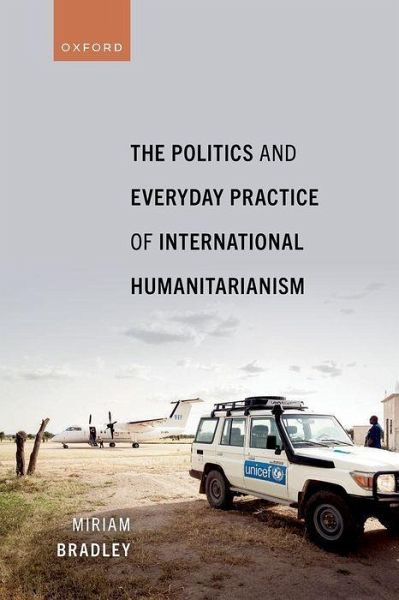
The Politics and Everyday Practice of International Humanitarianism
Versandkostenfrei!
Versandfertig in über 4 Wochen
133,99 €
inkl. MwSt.
Weitere Ausgaben:

PAYBACK Punkte
67 °P sammeln!
Through a combination of detailed case studies of humanitarian emergencies and thematic chapters which cover key concepts, actors and activities, this book explores the work of the largest international humanitarian agencies.













